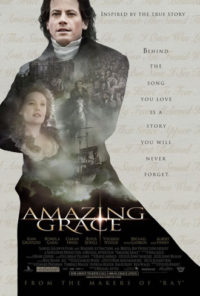 While the Film Festival takes up a justifiably huge chunk of time and mindspace during these two weeks the world of commercial cinema has hit back hard with two of the best films of the year.
While the Film Festival takes up a justifiably huge chunk of time and mindspace during these two weeks the world of commercial cinema has hit back hard with two of the best films of the year.
Amazing Grace is a handsome period piece about the campaigning life of William Wilberforce, tireless toiler for social justice and what we now call human rights in the 19th century. The film focusses on his leadership of the movement to ban the transatlantic slave trade in the teeth of entrenched commercial and political opposition. 11 million African men, women and children were dragged from their homes, clapped in chains and forced to work in the plantations and refineries that fuelled the British Empire.
Wilberforce is played by Mr Fantastic (or Captain Hornblower, if you prefer) Ioan Gruffudd and, despite his lack of heavyweight credentials, he holds up nicely in competition with some of British cinema’s finest. The Great Gambon (most recently Dumbledore in Harry Potter), Rufus Sewell (The Illusionist), Toby Jones (Infamous), Stephen Campbell Moore (The History Boys) and the marvellous Albert Finney all get moments to rise above the occasionally clunky, exposition-heavy, script.
Finney, in particular, as the former slave-ship captain John Newton who actually wrote the hymn Amazing Grace (and the line “who saved a wretch like me” comes from deep inside a tortured conscience) is splendid.
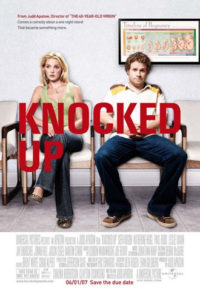 Even better is Knocked Up, Judd Apatow’s brilliant follow-up to The 40 Year Old Virgin. Supporting actor in the earlier film, Seth Rogen, gets promoted to the lead as Ben Stone, a fun-loving layabout who gets his one night stand pregnant and then learns the hard way about responsibility, adulthood and love. Or you could say it’s about Katherine Heigl’s character Alison Scott, an ambitious reporter for the E! Channel who gets pregnant to a one night stand and then learns the hard way about family, sacrifice and pain.
Even better is Knocked Up, Judd Apatow’s brilliant follow-up to The 40 Year Old Virgin. Supporting actor in the earlier film, Seth Rogen, gets promoted to the lead as Ben Stone, a fun-loving layabout who gets his one night stand pregnant and then learns the hard way about responsibility, adulthood and love. Or you could say it’s about Katherine Heigl’s character Alison Scott, an ambitious reporter for the E! Channel who gets pregnant to a one night stand and then learns the hard way about family, sacrifice and pain.
Either way you choose it, Knocked Up is a wonderful film that shows a deep-seated love for life in all it’s gooey glory. The supporting cast are perfect, including (the sometimes patchy) Paul Rudd and Mrs Apatow, Leslie Mann, as the scary married couple our heroes use to alternately inspire or repel each other.
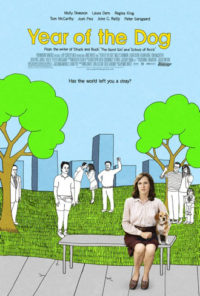 Judd Apatow made his name in television, writing and producing shows like “The Ben Stiller Show” and the great “Freaks and Geeks”. Another “Freaks and Geeks” alumni, Mike White, also has a feature out this week: Year of the Dog starring Molly Shannon. Shannon plays dowdy secretary Peggy whose beloved dog Pencil dies in somewhat mysterious circumstances leaving her alone to face the world.
Judd Apatow made his name in television, writing and producing shows like “The Ben Stiller Show” and the great “Freaks and Geeks”. Another “Freaks and Geeks” alumni, Mike White, also has a feature out this week: Year of the Dog starring Molly Shannon. Shannon plays dowdy secretary Peggy whose beloved dog Pencil dies in somewhat mysterious circumstances leaving her alone to face the world.
In her attempts to replace Pencil with something (another dog, a man) she learns a little bit about the world and an awful lot about herself. Like Knocked Up there’s a contrast-couple, there to show our heroes what life might be like if only they gave up being themselves, in this case played by Laura Dern and Thomas McCarthy; and like Knocked Up there’s a lot of episodic comedy moments though with a much darker edge.
Year of the Dog is White’s first feature as director (after writing films like Chuck and Buck, The Good Girl and The School of Rock) and it seems as if he hasn’t directed this film so much as written and photographed it. That’s not to say that it isn’t enjoyable – it is. It’s just not terribly cinematic.
Printed in Wellington’s Capital Times on Wednesday 25 July, 2007.
Nature of conflict: Year of the Dog opens at the Academy Cinema in Auckland on Weds 1 Aug. I do contract work for them designing and maintaining their website.
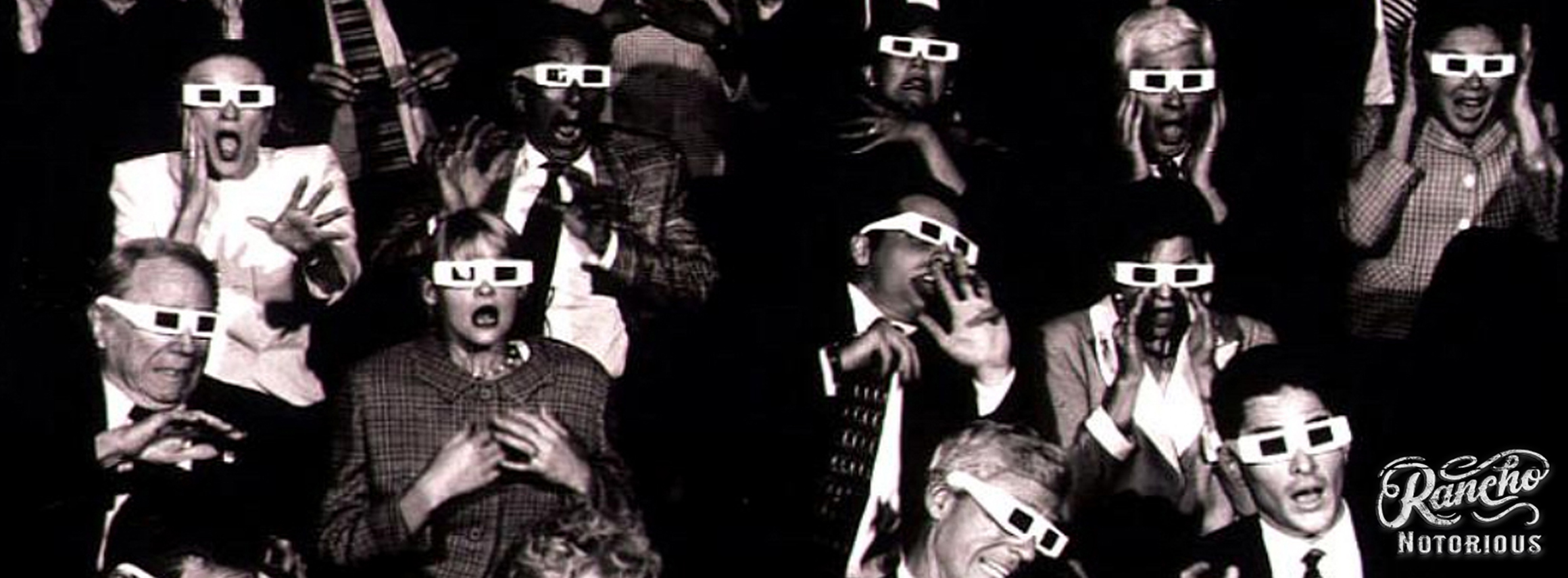

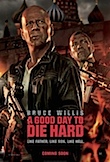
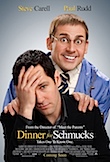
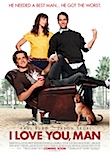
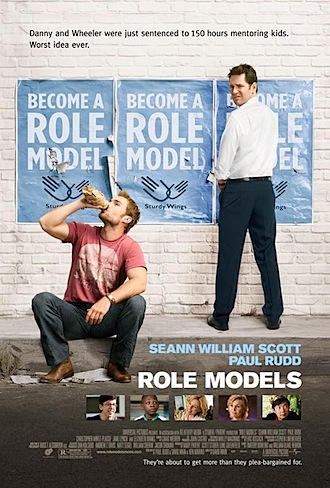
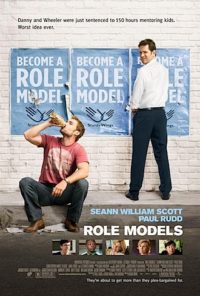 Back in 2003, when the
Back in 2003, when the 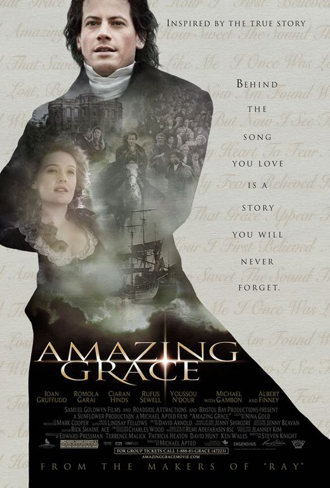
 While the
While the  Even better is
Even better is  Judd Apatow made his name in television, writing and producing shows like “The Ben Stiller Show” and the great “Freaks and Geeks”. Another “Freaks and Geeks” alumni, Mike White, also has a feature out this week:
Judd Apatow made his name in television, writing and producing shows like “The Ben Stiller Show” and the great “Freaks and Geeks”. Another “Freaks and Geeks” alumni, Mike White, also has a feature out this week: